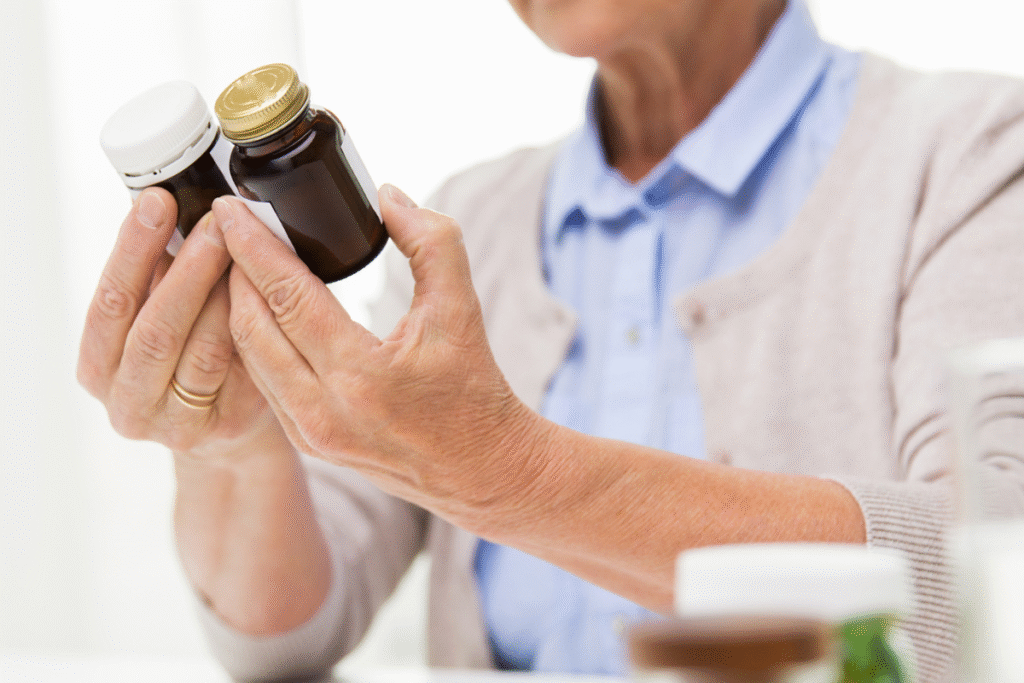Join us in Anaheim, CA at EXPO WEST | March 3-6 | Booth #4475
Home » Industry News and Insights » International Trend Watch: EFSA-Compliant Clean Labeling Is Redefining Supplement Formulation in Europe
Share this post
In the global nutraceutical landscape, “clean label” has evolved from a buzzword into a regulatory and consumer-driven expectation—especially in Europe. At the forefront of this shift is the European Food Safety Authority (EFSA), which sets some of the world’s most stringent standards for food and supplement safety, ingredient claims, and labeling practices.
For supplement brands and manufacturers looking to expand in the EU or align with global trends, EFSA-compliant clean labeling is no longer optional—it’s a competitive necessity.
EFSA-compliant clean labeling goes beyond “no artificial colors or flavors.” It refers to supplement labels that:
In short, EFSA-compliant clean labels are scientifically supported, legally sound, and consumer-trusted.

European consumers are highly label-conscious and increasingly demand products that are:
This makes EFSA-compliant clean labels a trust signal. Brands that meet these standards gain access to a growing, premium European market while building a reputation for quality and transparency.
EFSA requires that any health claim used on a label be supported by a scientific dossier and appear on the EU Register of Nutrition and Health Claims. Generic terms like “supports immunity” or “boosts metabolism” are not allowed unless they are based on an approved structure/function claim.
Consumers favor simple, understandable formulations. Replace synthetic flow agents (e.g., silicon dioxide or titanium dioxide) with natural alternatives like organic rice concentrate or Nu-FLOW®.
All non-active ingredients must be listed clearly—no hidden binders or “proprietary blends.” EU consumers expect transparency, and EFSA regulations enforce it.
EFSA regulations require accurate declaration of allergens and GMO status. “Free from gluten,” “soy-free,” or “non-GMO” claims must be backed by verified testing or documentation.

Even brands not actively selling in the EU are beginning to adopt EFSA-aligned clean labels to meet rising global expectations. As markets like the Middle East, Southeast Asia, and South America align more closely with EU food standards, clean label compliance becomes a global asset, not just a regional requirement.
EFSA-compliant clean labeling isn’t just a regulatory checkbox—it’s a strategic opportunity to meet global clean label demand with integrity and transparency. Whether you’re launching a new line or updating an existing product, aligning with EFSA standards helps your brand earn trust, expand globally, and stay ahead of regulatory change.
At Health Genesis®, we specialize in strategic formulation designed for real-world impact—combining science, sourcing, and structure for unmatched synergy.
Discover additional resources to help scale your supplement business and stay ahead of industry trends